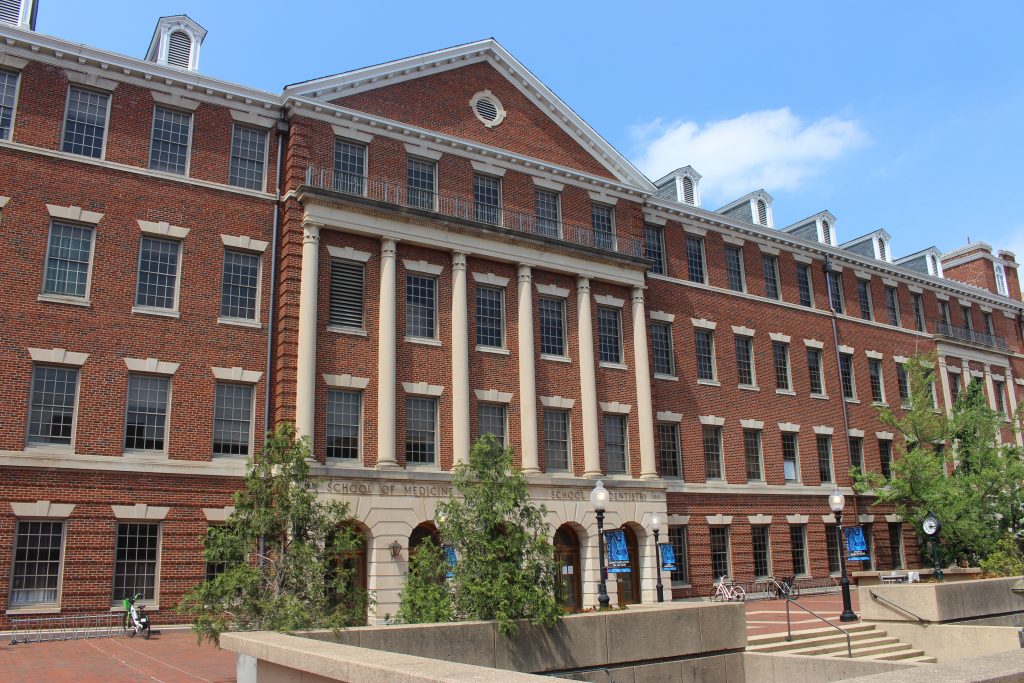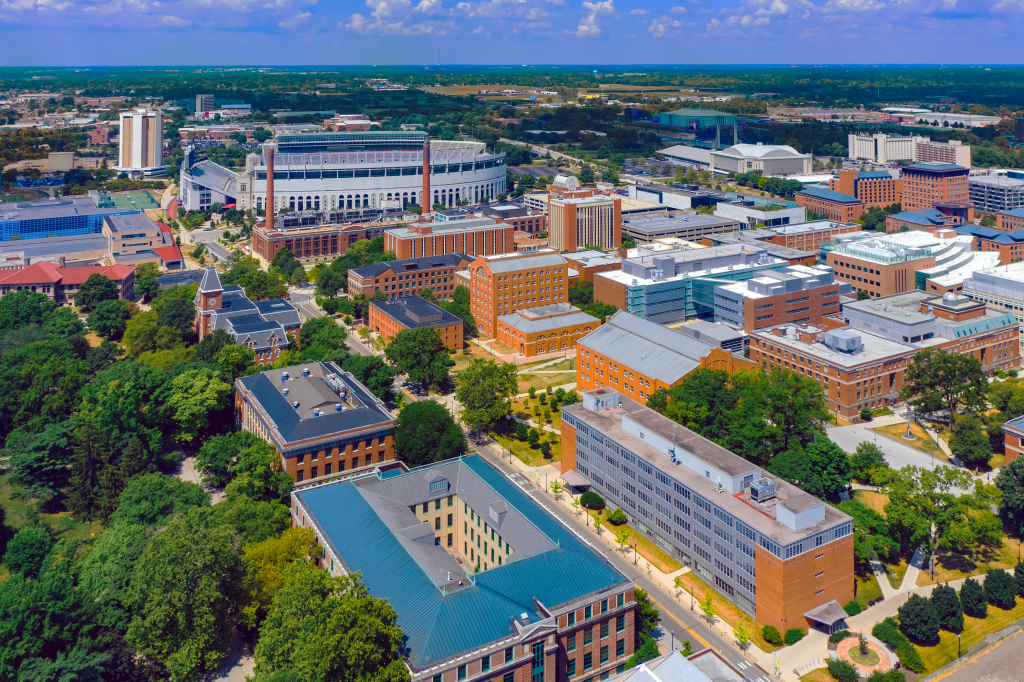


Founded in 1789, Georgetown University is a major international research university. Located in Washington, DC, the university has more than 12,000 undergraduate and graduate students and 46 buildings on its main campus.
With aging assets and infrastructure, Georgetown needed to address its asset renewal needs within budget while maximizing ROI and reducing future carbon emissions, leading toward a net-zero campus. To do so within the allocated budget, the university set an energy use intensity (EUI) reduction target of at least 35%, with the potential to increase savings with a campus-wide steam to hot water conversion, renewable energy sources (solar thermal and solar PV), and additional capital improvements.
In partnership with ENGIE, Ecosystem has undertaken a series of energy-saving projects developed each year as part of the BESO (Building Energy System Optimization) initiative. Construction began in 2023 and will take several years to complete. Once implemented, the measures will reduce the energy consumption of buildings by an average of 43%.
Heat recovery chiller
Control system upgrade
Heating & cooling system upgrades
Kitchen and laboratory smart hoods
Autoclave conversion
Ventilation optimization
Steam-to-hot water conversion
Steam network optimization
Thermal storage optimization
Presence detection
